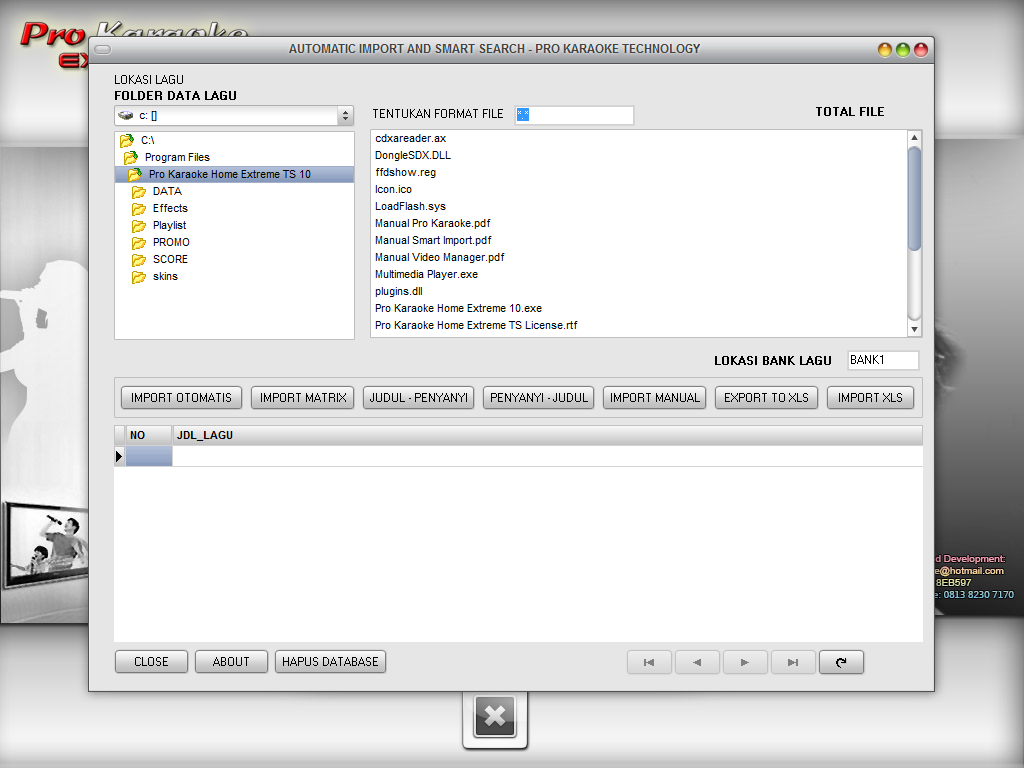

#DZONE XTREME 8 PRO ERROR OF PLAY HOW TO#
The skill areas targeted in the application of PSST are: developing communication skills and problem solving skills, learning to deal with attention and memory problems, understanding psychosis and schizophrenia, understandingantipsychotic drug treatment and its side effects, evaluating the treatment, learning to deal with persistent symptoms, recognizing and monitoring warning signs, avoiding alcohol and drugs, keeping away from the search for useless treatment, understanding how to deal with stress, increasing self-confidence, evaluating time and developing daily activities, making friendship, and participating in social activities. In this study, the instructor’s handbook prepared by Yıldız was based on the implementation of the PSST group sessions ( 16). Symptom Management, Medication Management and Recreation for Leisure modules of UCLA Social and Independent Living Skills training were sourced ( 13– 15). It uses verbal and nonverbal components of social behavior, role-playing method, corrective and supportive feedback ( 7). Psychosocial Skill Training (PSST) covers different skill areas required in social interaction. They work in interaction with the patient, family, hospital, workplaces and other organizations, making service planning tailored to the needs of each patient ( 11).

The case manager takes responsibility in the fields of psychiatric treatment, occupational rehabilitation, residence, general medical treatment, social insurance, and social connections. Case managers are mental health employees who conduct treatment planning and follow-up of the patient and determine patients’ personal needs, provide continuity, direct them to other professionals when necessary, and establish a one-to-one relationship with the patient ( 12). The case management is a group of services carried out in order to provide biopsychosocial well-being by evaluating the patients in an integrated manner ( 11). Routine services are conceptualized as case management, occupational therapy, medical treatments, psychiatric interviews.

Patients diagnosed with psychotic disorders or mood disorders are treatedat the center. Our study was performed in Izmir Katip Çelebi University Atatürk Training and Research Hospital (IKCU ATRH) CMHC, which has been operating since 2015. New interventions such as family therapies, social skills training, cognitive behavioral therapy for drug-resistant psychotic symptoms, case management models, and supported employment services have been designed and their effect was proven ( 10). In CMHCs, to provide appropriate services to each patient’s subjective needs with limited funding, evidence-based psychosocial treatments are important for both the service providers and the institutions that provide resources. Thus, psychosocial treatments and rehabilitation services for severe mental illnesses such as schizophrenia are becoming more and more prevalent ( 9). In developed countries the integrative treatments are targeted, a transition was made from the hospital-based model to the community-based model in mental health services, and community mental health centers (CMHC) were established. It is thought that the integrative biopsychosocial treatment will decrease morbidity and mortality in the schizophrenia ( 8). Therefore, the combination of the biological and the psychosocial treatments is required in the ideal management of the schizophrenia treatment ( 7). Social functioning of the schizophrenia patients improves with psychosocial treatments ( 6). Impaired social functioning is resistant to the antipsychotic drugs, though ( 4, 5). As it is well knownthe antipsychotic drugs are first treatment choice in schizophrenia. This condition is defined as impaired social functioning, which is a diagnostic feature of schizophrenia. Due to the illness, patients can not develop the competencies of adult life such as working, establishing relationships, living independently or their existing capacities get damaged ( 3).

Schizophrenia, affecting more than 21 million people worldwide is a severe mental disorder that causes disorders in emotions, thoughts and behaviors ( 1, 2).


 0 kommentar(er)
0 kommentar(er)
